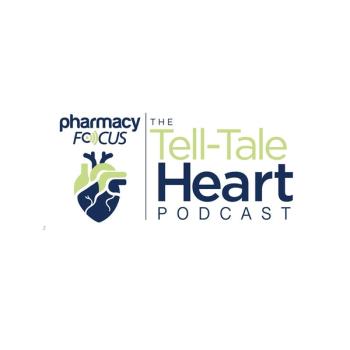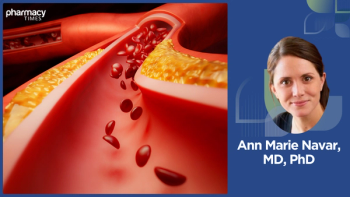
Study: Medicare Not Likely to Benefit from Drug Rebates
Drug rebates may result in more beneficiaries reaching the coverage donut hole.
Rebates are negotiated between pharmaceutical manufacturers, payers, and pharmacy benefit managers (PBMs) to secure lower prices for prescription drugs and, in turn, lower costs for patients. A new study published in JAMA Internal Medicine suggests that rebates may actually harm Medicare and the elderly patients enrolled.
The authors found that Medicare beneficiaries may actually experience higher drug costs as a result of rebates.
“How these rebates and price concessions happen between the manufacturer of the drug and the PBMs and health plans can directly impact patient cost in a big way,” said lead study author Stacie Dusetzina, PhD.
In the study, the authors found that Mylan earned $274 after rebates and fees, despite its list price of $600. Instead of the savings being passed to patients, the authors allege that other stakeholders are benefitting.
At the heart of the issue is how Medicare calculates coverage for a specific drug. For example, while payers do not reimburse for the list price, a patient’s out-of-pocket costs are based on that number. As a result, patients may be paying more for their drugs than they should be.
“We’ve heard over the years that the list price doesn’t really matter, that it’s not the real price,” Dr Dusetzina said. “It matters.”
Since Medicare beneficiaries are generally paying a higher fee, they reach the donut hole quicker and are expected to pay a larger chunk of drug costs, according to the study. After the donut hole threshold is surpassed, Medicare pays for a majority of the drug, which can increase costs for taxpayers.
This argument is similar to the controversy surrounding
In the study, the authors proposed various solutions to address the issue, which may be playing a role in high drug costs.
The authors recommend that Medicare beneficiaries be charged flat co-payments opposed to coinsurance charges that are based on a percentage of the price, according to the study. They also note that tiering co-payments based on costs may be a successful solution.
A fairly straightforward solution to the issue at hand would be to increase transparency to ensure that rebates translate to Medicare savings, the authors wrote. This could provide an incentive for insurers to implement regulations for health plans to take on costs after the donut hole is met.
Additionally, calculating co-payments based on post-rebate costs would result in fewer beneficiaries reaching and surpassing the donut hole, which saves beneficiaries and taxpayers money, according to the study.
“It really just stops us from accelerating people through the benefit,” Dr Dusetzina concluded.
Newsletter
Stay informed on drug updates, treatment guidelines, and pharmacy practice trends—subscribe to Pharmacy Times for weekly clinical insights.







































